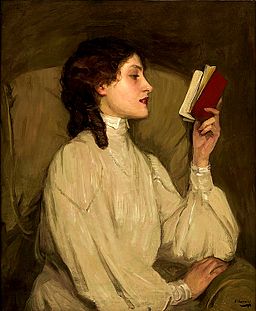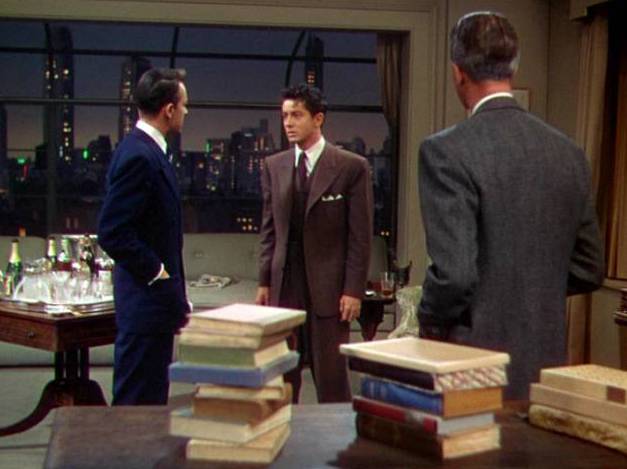
Benjamin Hardy claims that if you want to become more creative, the last thing you should do is check your email when you get up.
He recommends writing first thing in the morning.
Research confirms the brain, specifically the prefrontal cortex, is most active and readily creative immediately following sleep. Your subconscious mind has been loosely mind-wandering while you slept, making contextual and temporal connections. Creativity, after all, is making connections between different parts of the brain.
Similarly, Julia Cameron, author of The Artist’s Way, advocates getting up the morning and writing 3 pages before you do anything else. (Myself, when I tried this, I grabbed a cup of coffee on my way to sit down with my notebook.) Don’t turn on the television or radio, don’t look at the morning paper, and don’t check your email. Just open the notebook and pour onto the page whatever is in your head for the space of three pages. She has other recommendations to help people become more creative, but the first is always the morning pages.
Note: these people aren’t advocating trying to write a story first thing every morning. They’re not advocating trying to write at all. The idea is just do put down on the page whatever’s in your head, whether it’s coherent or not. Whatever’s in your head when you wake up, write it down. Some people write down their dreams. Some write To Do lists for the day. It doesn’t matter what you write. Just fill three pages without any censoring or editing.
Hardy also recommends spending 10 minutes each evening asking yourself questions about how to accomplish whatever goal you’re working on. Apparently that stimulates the subconscious to work out the problems while you sleep.
Never go to sleep without a request to your subconscious.
— Thomas Edison
I haven’t tried this, but I had good results from writing morning pages.
Janice McLeod found the morning pages an important part of rearranging her whole life. She was stuck in a job that she hated, and she couldn’t see how to do what she really wanted, which was move to Paris. She started with writing the morning pages and trying to figure this out. If you haven’t read Paris Letters, I recommend it. Especially if you’re stuck in a job that you feel is sucking the creativity out of you. (Spoiler: she did eventually move to Paris.)
So if you’re stuck, creativity-wise, try writing in a notebook every morning.
The subconscious mind will translate into its physical equivalent, by the most direct and practical method available.
-Napoleon Hill








